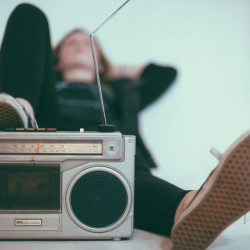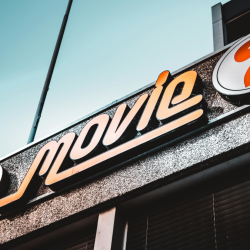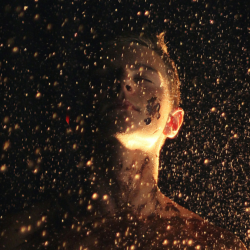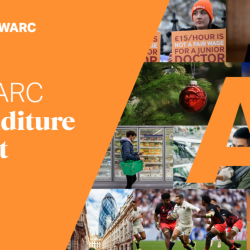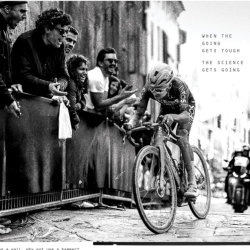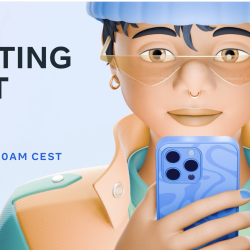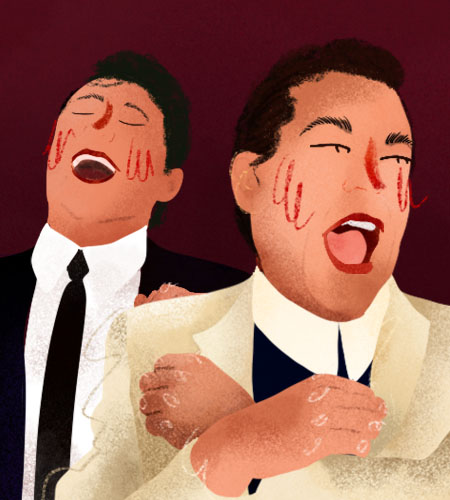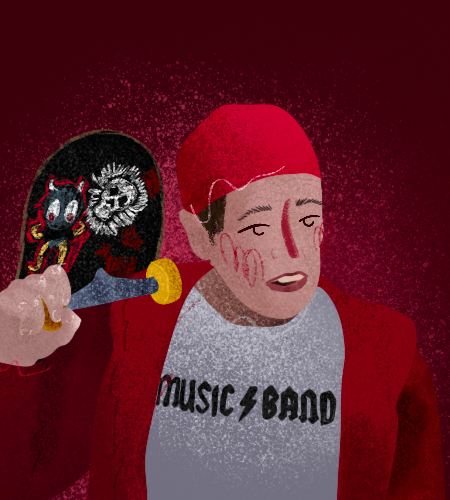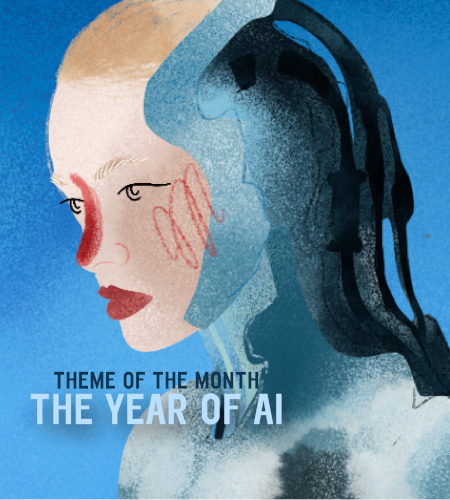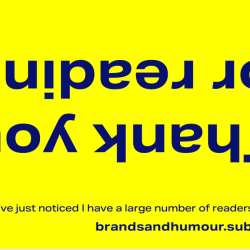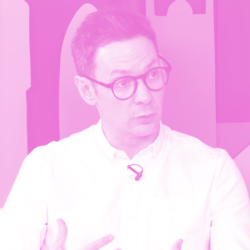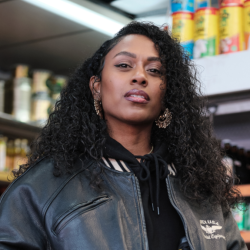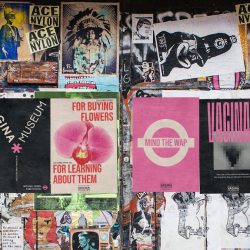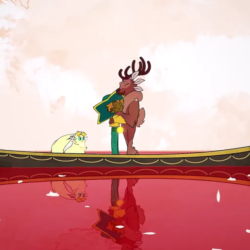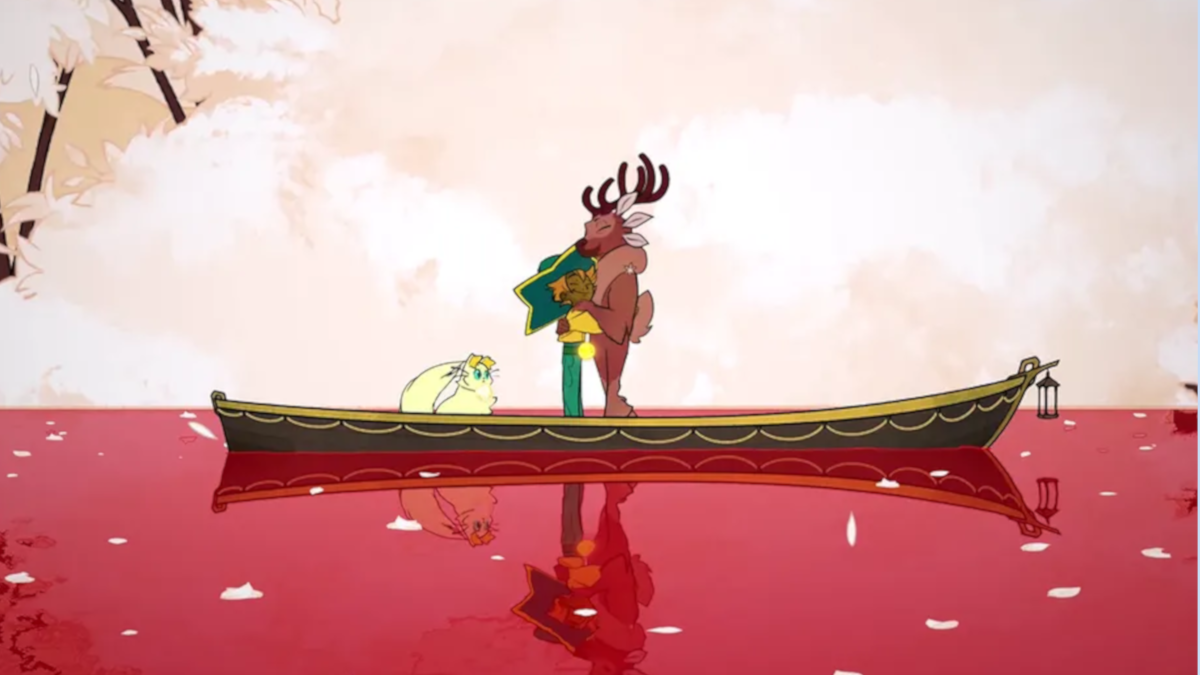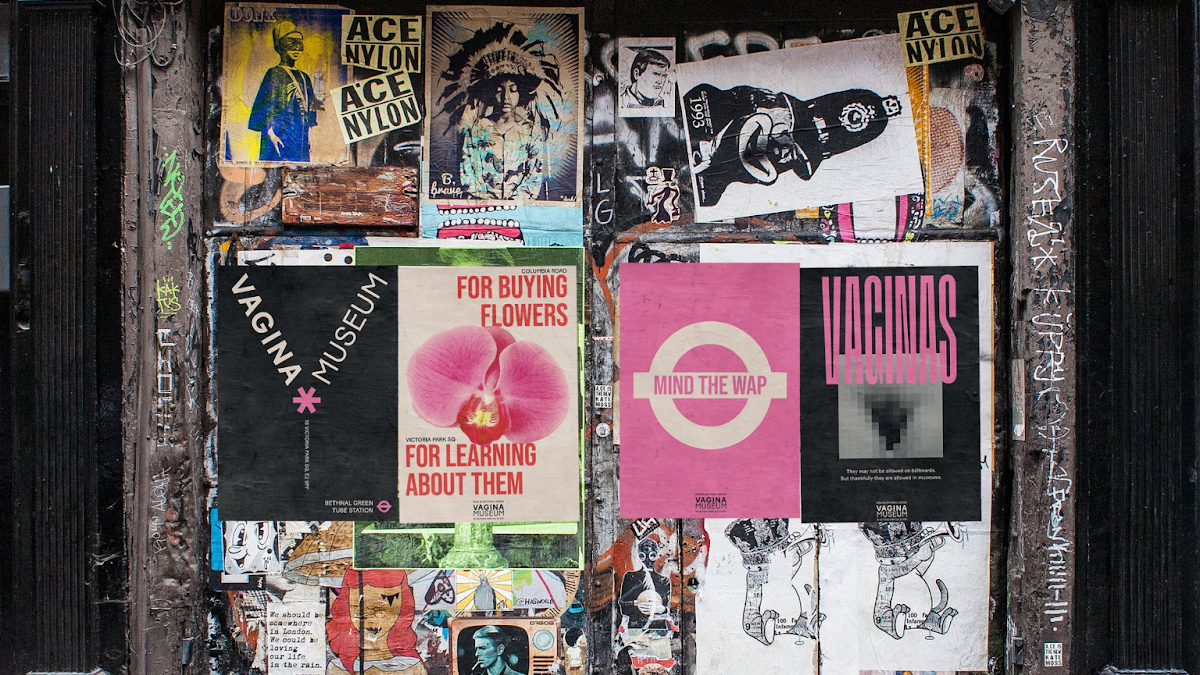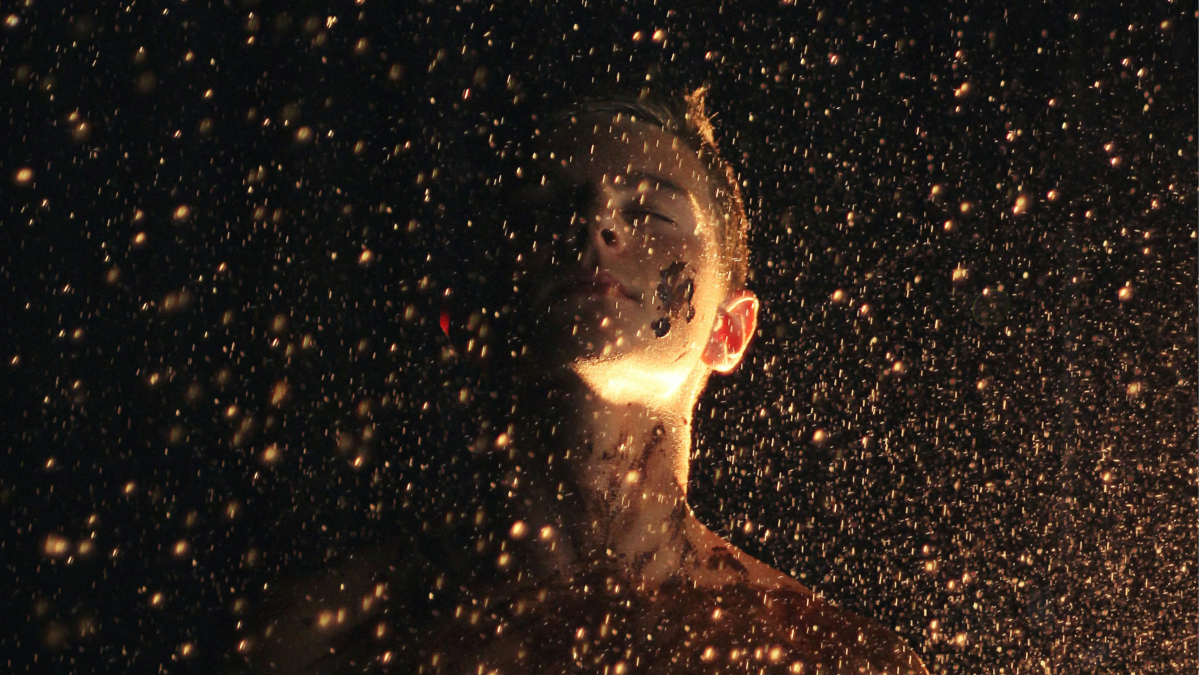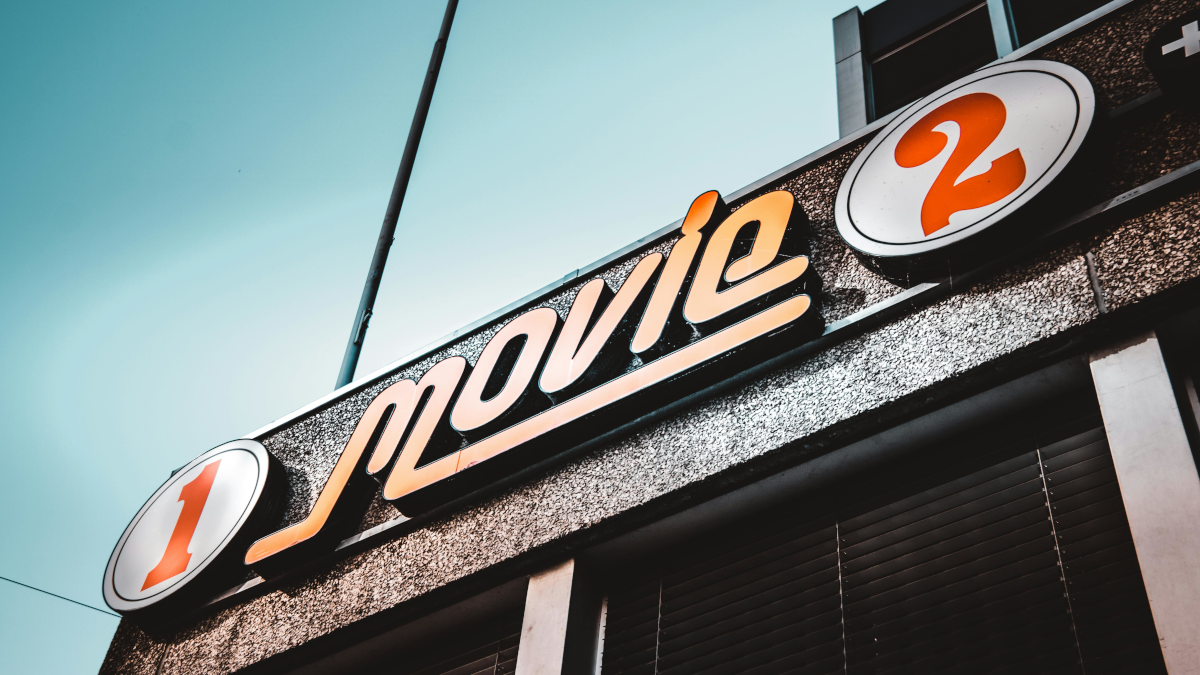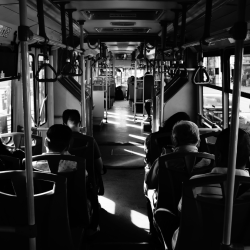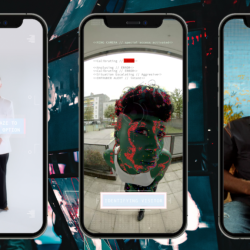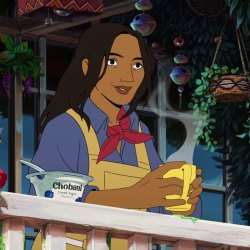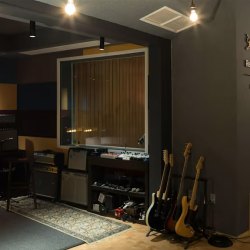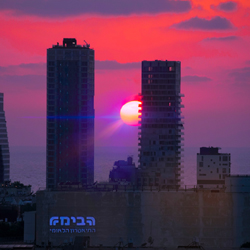Since March 2020 things have felt a little more dystopian.
Many of us witnessed the changes to our society with morbid interest, maybe even an ounce of excitement.
Perhaps that was our way of dealing with the emotional strain of living through the experience?
We do seem to be drawn to visions of a dystopian future over a utopian one, we find them entertaining and thrilling.
The Terminator franchise; The Walking Dead; The Handmaid’s Tale…
The Wizard of Oz?
Wall-E?
The list goes on.
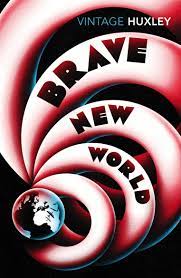
Brave New World by Aldous Huxley begins by describing what could be a utopian future.
Utopian because it’s a future in which everything is framed as being perfect from the perspective of science, technology, and efficiency.
As the reader you feel uncomfortable with the future it describes. It’s so far removed from what we know as acceptable now, let alone when Aldous wrote it in 1932.
Although strange, at first it seems like this version of the future suits humanity. It seems to work. Everyone seems to benefit, albeit in an unnerving way.
But look at it through a different lens and this Brave New World soon appears to be the worst of all dystopias.
It wasn’t the result of an alien invasion. Or artificial intelligence hell-bent on its misinterpretation of Asimov’s Laws.
No, we took ourselves there.
Brave new perspective
It’s almost 100 years since Brave New World was first published. We don’t seem any closer to a dystopia or a utopia. It seems likely that we’ll never reach one or the other entirely.
The technology and science that could build either future have evolved beyond all recognition… but we haven’t. We’re still innately what we’ve always been, human.
Our societies and cultures remain essentially the same. Money still makes our world go round. Those in power still believe a good old war will rally their people around a flag.
We’re simply incapable of building either reality.
Maybe it’s time we get used to using dystopia and utopia only in the future tense?
They’re something to get lost in, an exciting and thrilling departure from the here and now. Fantasy.
More importantly, they signal the possibility of what might be. Cautionary thoughts and tales that guide our decision making.
Like order and chaos, in reality utopia and dystopia ultimately find balance. Neutropia.
What does this mean for us?
Back in our own brave world, it’s important to remember that one person’s idea of utopia is another’s dystopia.
Everyone you meet experiences everything from their point of view.
Your point of view has no bearing on them.
How can you make sure you don’t place someone in their own personal dystopia?
How do you get them to understand your vision of utopia?
You need to listen first. Put yourself in their shoes.
Understand their perspective. Their fears. Their hopes.
Only then can you communicate what you need to in a way that is positively meaningful to them.
Featured image: Zootopia (2016) / Disney
